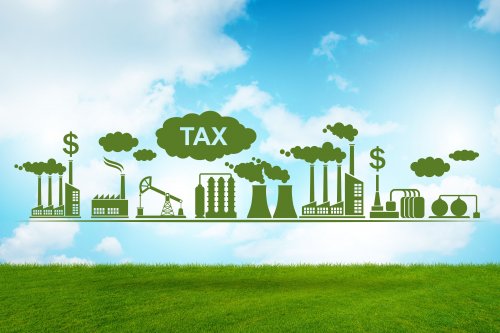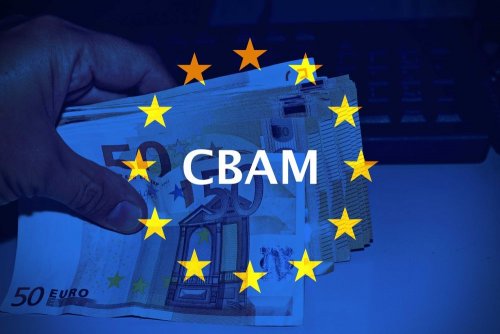Oleh Bondarenko, chairman of the Verkhovna Rada Committee on Environmental Policy and Nature Management, has asked European partners to grant Ukraine a delay from CBAM.
He made this request at a workshop on the Carbon Based Import Adjustment Mechanism (CBAM) and its connection to the European Union Emissions Trading System (EU ETS).
The event was attended by representatives of the European Commission's Directorate-General for Taxation and Customs Union (DG TAXUD) and the Directorate-General for Climate Action (DG CLIMA).
During the workshop, participants discuss, in particular, the following topics
- the purpose of CBAM, its impact on Ukraine, and the next steps;
- CBAM simplification – opportunities for third country operators;
- CBAM interaction with the EU emissions trading system – the importance of monitoring, reporting and verification.
As a reminder, on October 1, 2023, the EU launched a transitional period for the application of the carbon adjustment mechanism for imports. At this stage, which will last until January 1, 2026, companies only have to report on carbon emissions released into the environment during production.
And from the first day of 2026, the full implementation of CBAM, which involves the payment of a carbon duty, is to begin. Importers will be required to obtain so-called CBAM certificates for their products to cover the carbon price gap between EU products and products manufactured outside the EU.
Ukrainian stakeholders are constantly reminding officials that our country must defend its right to apply paragraph 30.7 of the CBAM regulation to Ukraine, which provides for the possibility of excluding a country from the CBAM during force majeure circumstances, including war. This will help to avoid the destructive impact of this mechanism on the Ukrainian economy. Under this declarative principle, domestic enterprises will report their own emissions but will not pay the cost of certificates.
Earlier, EcoPolitic also reported that in the Clean Industry Agreement, the European Commission plans to significantly simplify bureaucratic procedures, in particular with regard to CBAM, accelerate the development of green energy, and introduce quotas for the purchase of climate-friendly goods.





